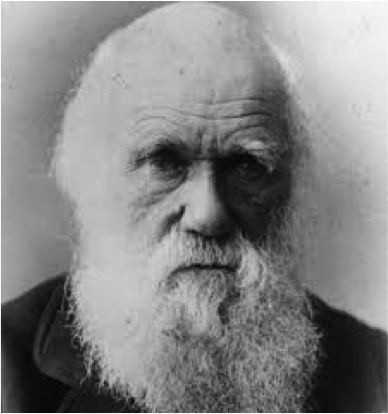
Evolutionary Biology (SBL.00021), Fall Semester 2024
Prof. Thomas Flatt
- Mondays, 10:15-12:00
- First lecture on 16 September; last class on 16 December
- 14 weeks, 2 hours per week
- Building Biologie végétale (PER04), Salle 0.110 (Auditoire de biologie végétale)
- Course language: English (questions and discussion possible in French & German)
- 3 ECTS
OVERVIEW: This course introduces the fundamental principles and concepts of evolutionary biology. Since the publication of Charles Darwin’s 1859 book On The Origin of Species evolutionary biology has illuminated why and how organisms evolve, how they adapt to their environments through the process of natural selection, and how new species come into existence. Evolutionary biology is thus critical for our understanding of all of biology: “nothing in biology makes sense except in the light of evolution”, as the famous geneticist Theodosius Dobzhansky wrote. Evolution answers such exciting questions as: How did life originate? How do new species form? How can natural selection lead to – seemingly impossible or highly improbable – adaptations, including very complex organismal structures? How do history and randomness affect the evolution of life on earth? How do genetics and development constrain or facilitate evolution? Why are bacteria becoming resistant to antibiotics? How can cooperation evolve despite selfishness? Why are sex ratios typically 50:50? Why do some organisms produce only one offspring, whereas others produce millions? Why do we age and die?
LEARNING OBJECTIVES: The students will learn to: define and apply the basic concepts of evolutionary biology; understand the principle of natural selection; explain why and how organisms evolve, adapt, speciate or go extinct; understand the interplay between chance (history, contingency, random events) and determinism (e.g., selection) in shaping evolution; summarize the empirical evidence for evolution, including human evolution; understand and discuss open, still unresolved scientific problems in evolutionary biology; refute creationist or intelligent design claims; and explain the theory and factual basis of evolution to non-biologists; understand the importance of evolutionary biology for human evolution, health and disease.
TEXTBOOK: The course closely follows the textbook by Stephen C. Stearns and Rolf F. Hoekstra (2005). Evolution – An Introduction. Second edition. Oxford University Press (OUP) (ISBN: 9780199255634). The book can be purchased from OUP or Amazon, and it is also available from the Bibliothèque de la Faculté des sciences (DOKPE). It is strongly recommended that the students obtain the book and that they read the chapters: following the lectures will be insufficient for an adequate understanding of the subject – reading and thinking about the material is essential.
- Teacher: Thomas Flatt
